Introduction
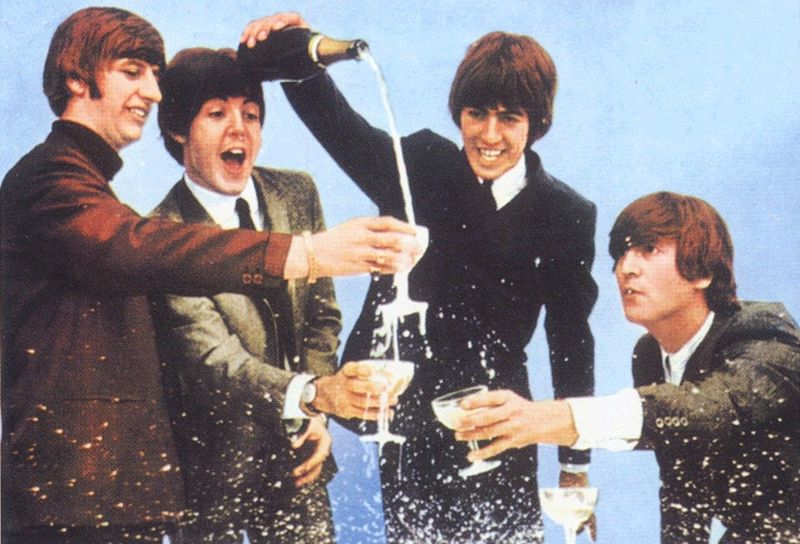
The 1960s were more than just a decade—they were a revolution set to music. A time of protest, passion, love, and rebellion, the ’60s birthed some of the most iconic songs in history. These tracks didn’t just top charts—they became cultural milestones, capturing the voice of a generation seeking change, expression, and identity. From folk anthems that stirred the conscience to rock songs that shattered the mold, the music of the ’60s helped shape everything from civil rights to counterculture. Whether you lived through it or discovered it later, these eleven unforgettable tracks continue to echo through history, each carrying the spirit of a transformative era.
1. “A Change Is Gonna Come” – Sam Cooke (1964)
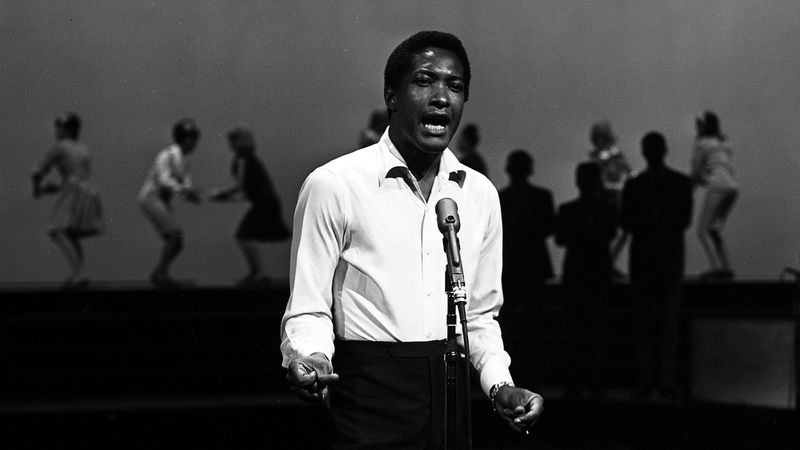
A soul-stirring anthem resonated with those yearning for equality. This poignant ballad underscored the Civil Rights Movement’s enduring struggles and hopes. With haunting vocals, Cooke’s masterpiece became a beacon of change.
Listeners felt the weight of injustice through every note. The song’s timeless message of resilience and hope continues to inspire. It captures the era’s turbulent spirit.
Cooke’s words remain powerfully relevant, echoing the cries for justice. His legacy as a voice for change endures, reminding us of music’s profound power to unite and inspire.
2. “(I Can’t Get No) Satisfaction” – The Rolling Stones (1965)
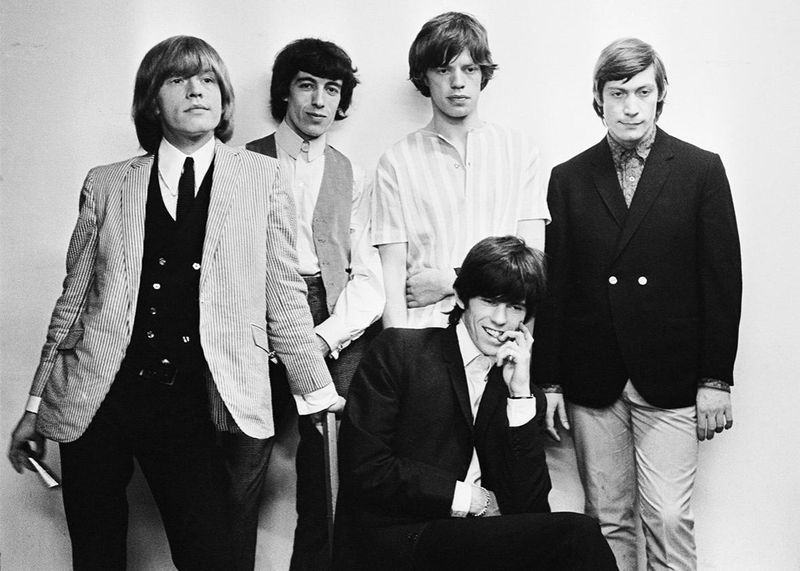
An undeniable force in rock music, this track challenged societal norms. Its gritty guitar riff became an anthem for the disenchanted. The Rolling Stones captured a generation’s frustration with consumerism.
Listeners connected with the raw energy and rebellious spirit. The song’s catchy tune ensured its place in rock history. It challenged the status quo with unapologetic defiance.
Mick Jagger’s voice and Keith Richards’ riff created an unforgettable classic. The song’s influence on rock music is immeasurable, symbolizing youthful rebellion and unyielding spirit.
3. “Blowin’ in the Wind” – Bob Dylan (1963)

Bob Dylan’s timeless folk anthem posed questions that resonated with a generation seeking change. Its gentle melody belied the strength of its message. This song became a cornerstone of the civil rights movement.
Listeners were moved by Dylan’s poignant lyrics. His words captured the essence of the era’s social struggles and aspirations. The song’s questions remain relevant today, prompting reflection.
Dylan’s influence transcended music, inspiring countless artists and activists. His ability to blend poetry with melody created a lasting legacy. “Blowin’ in the Wind” endures as a call for justice.
4. “Respect” – Aretha Franklin (1967)
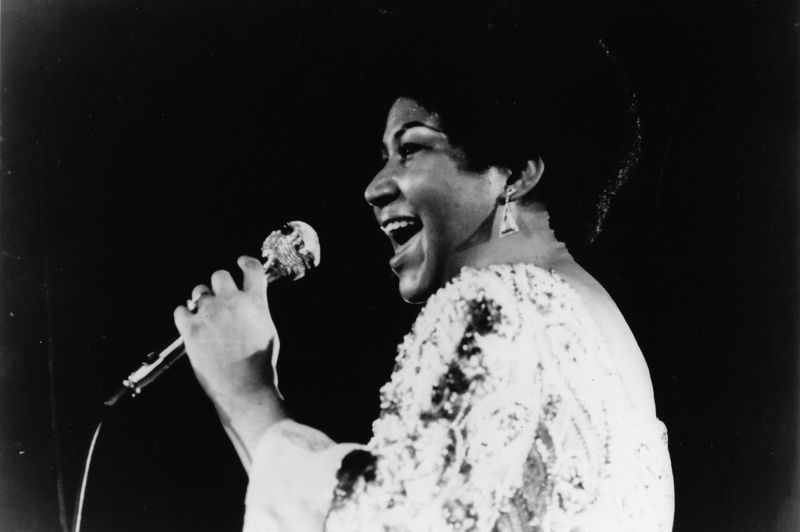
Aretha Franklin transformed Otis Redding’s song into a powerful anthem of empowerment. Her rendition demanded recognition and dignity, becoming a rallying cry for women and African Americans.
Listeners felt the strength in her commanding voice. The song’s impact resonated far beyond the music charts. It became synonymous with the fight for equality and self-respect.
Franklin’s legacy as the “Queen of Soul” was cemented with this iconic song. Her powerful delivery and unwavering spirit inspired generations to stand up for their rights. “Respect” remains a timeless classic.
5. “Good Vibrations” – The Beach Boys (1966)
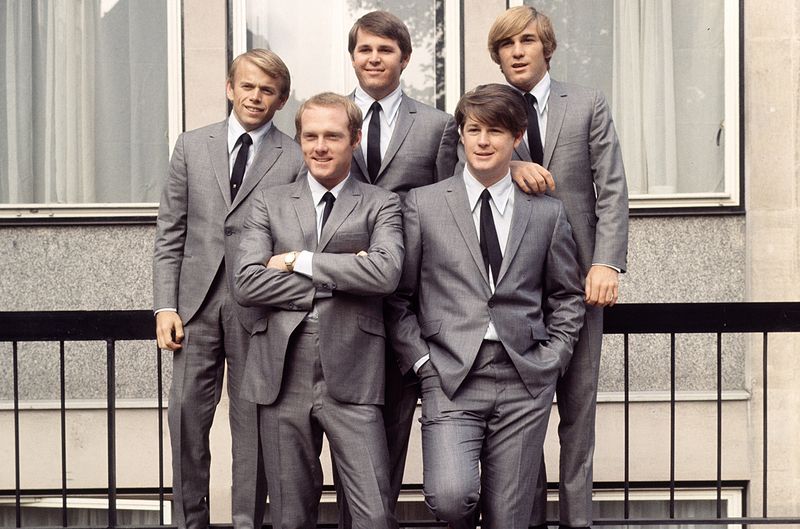
A sonic masterpiece, this Beach Boys track pushed musical boundaries with its innovative use of instruments. The song’s layered harmonies and unique sounds captivated listeners’ imaginations.
It became a symbol of the psychedelic era, reflecting the experimental spirit of the ’60s. The Beach Boys’ creativity set new standards in music production.
Listeners were transported to a world of vibrant colors and possibilities. “Good Vibrations” remains a testament to the power of musical innovation and creativity. Its influence on pop music is still felt today.
6. “I Heard It Through the Grapevine” – Marvin Gaye (1968)
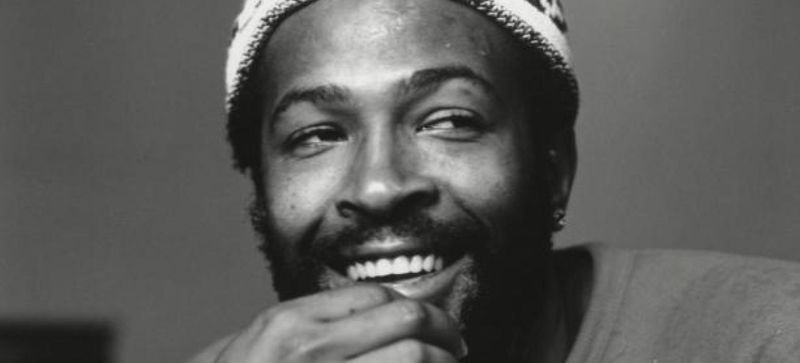
Marvin Gaye’s rendition of this song became a Motown classic, filled with emotional depth and soul. His smooth vocals conveyed heartache and longing, resonating with listeners worldwide.
The track’s impact on R&B music was profound, introducing a new level of vocal expression. Gaye’s performance captured the essence of love and betrayal.
Listeners were captivated by the song’s haunting melody and rich instrumental arrangement. Its timeless appeal endures, making it one of Motown’s most iconic hits.
7. “For What It’s Worth” – Buffalo Springfield (1966)
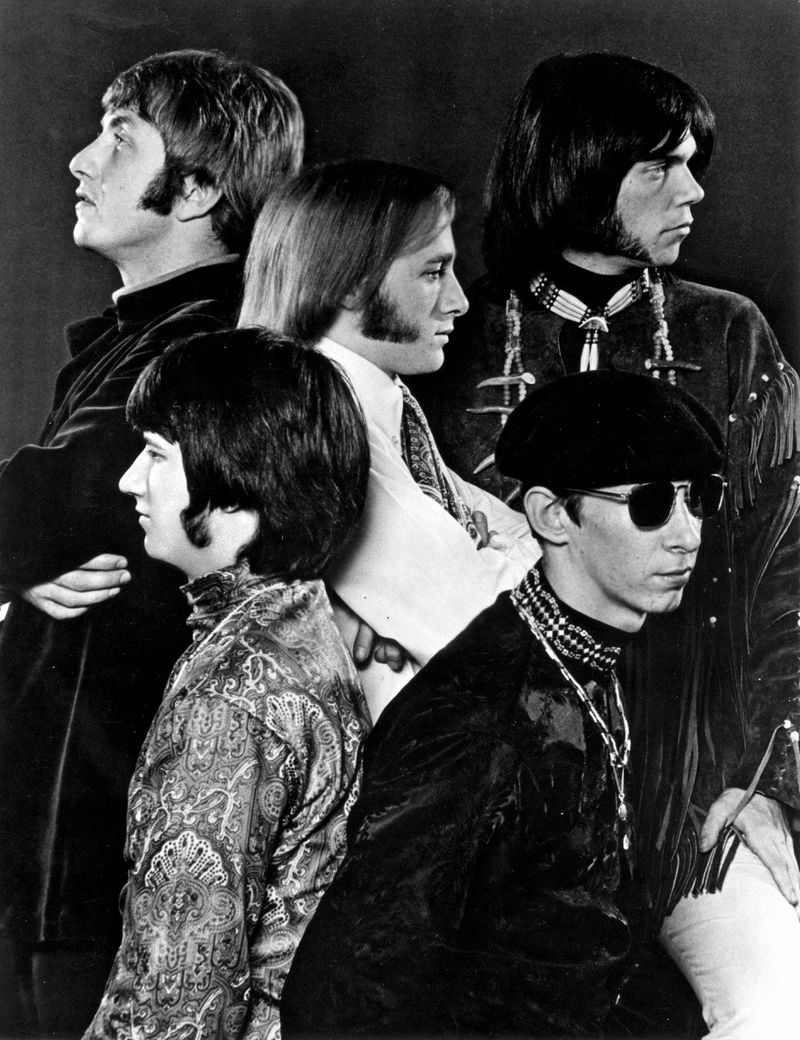
A haunting reflection of the ’60s political unrest, this song became an anthem for peace and protest. Its simple yet powerful lyrics resonated with those seeking change.
Buffalo Springfield captured the era’s tumultuous spirit, urging listeners to reflect on the world around them. The song’s relevance continues, echoing today’s social struggles.
Listeners were drawn to its urgent call for awareness and action. “For What It’s Worth” remains a powerful reminder of music’s role in social movements and cultural change.
8. “My Generation” – The Who (1965)
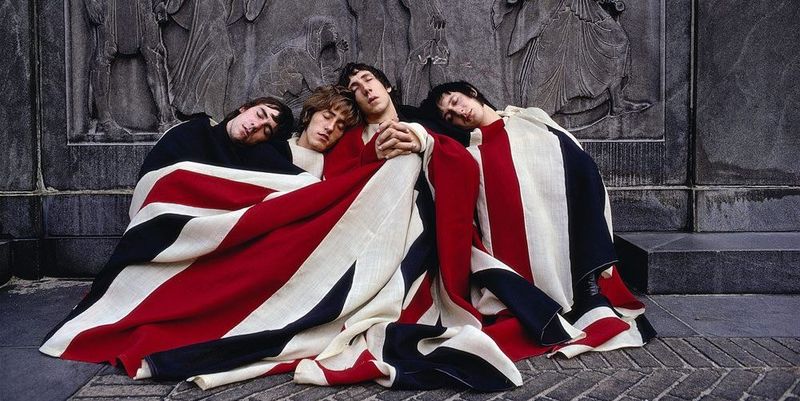
An explosive anthem of youth rebellion, this song encapsulated the frustration of a generation. The Who’s iconic line, “Hope I die before I get old,” became a rallying cry for young people.
The track’s raw energy and defiant tone challenged societal norms, capturing the youthful spirit of the ’60s. It became a symbol of the era’s cultural revolution.
Listeners connected with the song’s rebellious message and powerful instrumentation. “My Generation” remains a defining moment in rock history, embodying youthful defiance and passion.
9. “Be My Baby” – The Ronettes (1963)
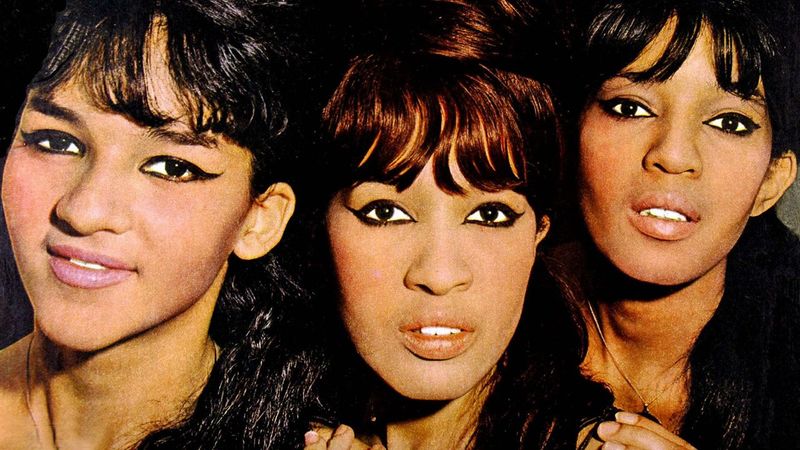
A quintessential ’60s pop song, “Be My Baby” captivated listeners with its lush production. The Ronettes’ harmonies and Phil Spector’s Wall of Sound created a magical listening experience.
The song became an emblem of early ’60s pop and girl-group magic. Its romantic lyrics and catchy melody resonated with audiences.
Listeners were drawn to the song’s tender emotions and captivating sound. “Be My Baby” remains a beloved classic, symbolizing the enchanting era of ’60s pop music.
10. “White Rabbit” – Jefferson Airplane (1967)
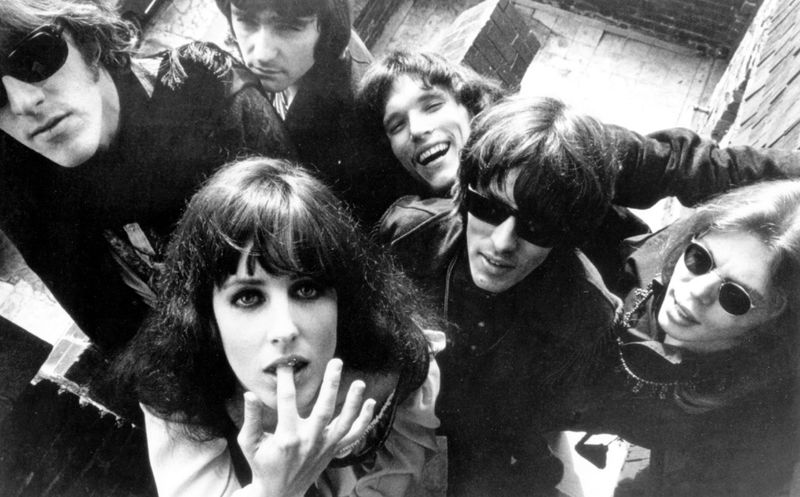
A journey into the surreal, “White Rabbit” captured the essence of the ’60s counterculture. Its psychedelic rock sound and Alice in Wonderland imagery enchanted listeners.
Jefferson Airplane’s bold performance and Grace Slick’s haunting vocals made the song unforgettable. It became a symbol of the era’s exploration and experimentation.
Listeners were mesmerized by its trippy sound and thought-provoking lyrics. “White Rabbit” remains a quintessential ’60s track, reflecting the decade’s adventurous spirit.
11. “A Day in the Life” – The Beatles (1967)
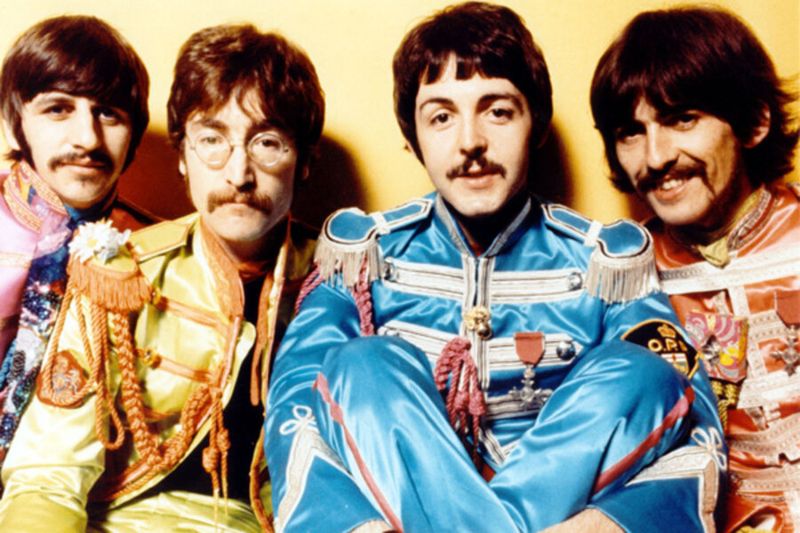
Blending beauty with chaos, this closing track from Sgt. Pepper’s Lonely Hearts Club Band was a masterpiece of experimentation. It captured the emotional complexity of the ’60s—serene at times, unsettling at others.
John Lennon’s dreamlike verses collided with Paul McCartney’s upbeat interlude, creating a surreal experience that mirrored the fragmented nature of modern life. The final orchestral crescendo and jarring final chord still leave listeners stunned.
This song wasn’t written for radio—it was crafted as high art. “A Day in the Life” marked a turning point where rock music became more than entertainment. It became philosophy, theater, and innovation in equal measure.

Comments
Loading…